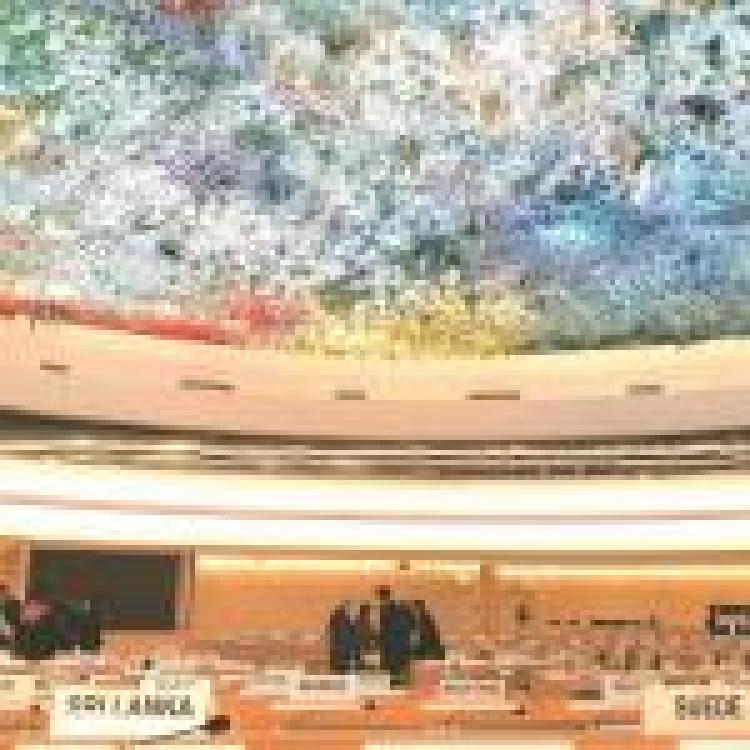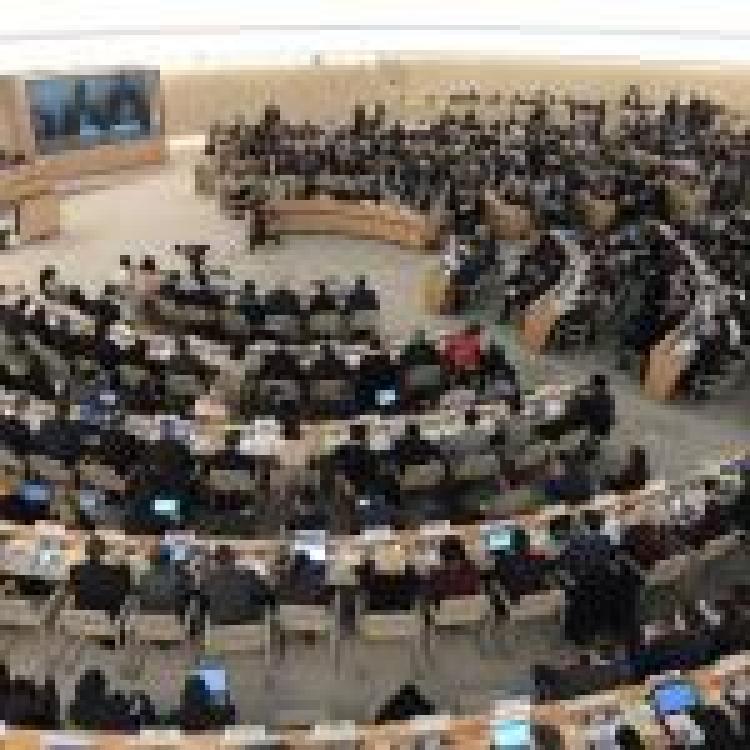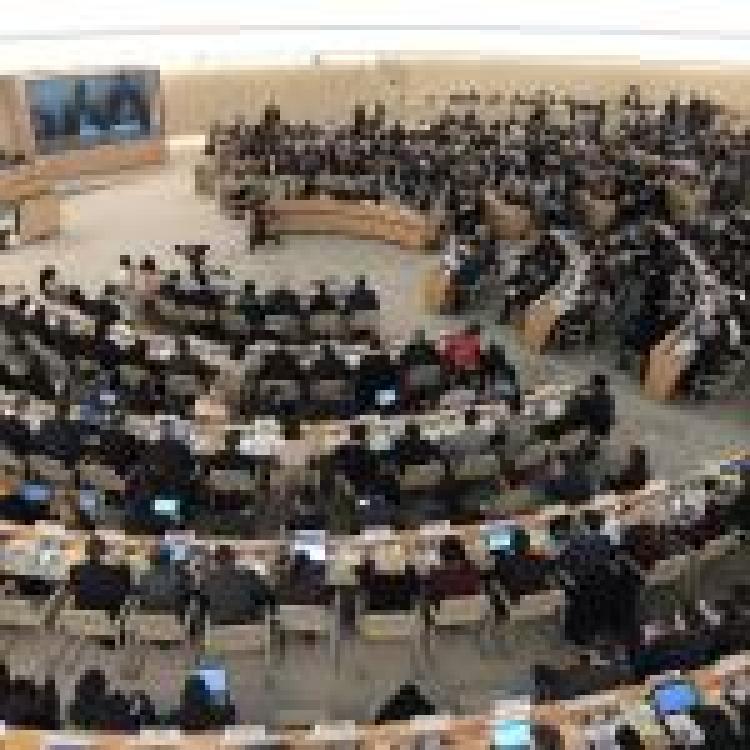![]()
Human Rights Watch (HRW) has released a statement detailing the repeated failure of Sri Lanka to establish “a trustworthy domestic mechanism to address impunity” and urged the UN Human Rights Council to "create an international accountability mechanism as a matter of urgency".
According to HRW, Sri Lanka has continued to fail to deliver meaningful accountability due to ‘a lack of judicial independence, risk of reprisals, political interference, and “the deep-seated and institutionalised impunity that generates the risk of such violations being repeated”’. HRW maintains that for these reasons a purely domestic process is incapable of delivering on the UN mandate, stating that "there is no prospect that yet another domestic commission will advance justice for the tens of thousands summarily executed, tortured or forcibly disappeared."
In their statement, the organisation also highlights how the recent reelection of the Rajapaksa's, who have been directly implicated in war crimes, further damages the prospect for accountability and justice. HRW maintains that whilst the Rajapaksa’s have made clear their intention to walk away from the UN resolution; this is not possible hence it simply indicates an unwillingness to fulfil their commitments. In doing so Sri Lanka "joined the ignominious ranks of Myanmar, Syria and North Korea in refusing to accept responsibility for grave human rights violations," it added.
HRW’s statement on Sri Lanka follows, their praise of the High Commissioner for releasing a detailed list of companies directly involved in supporting illegal Israeli occupations; as well as their condemnation of China for denying the High Commissioner access to the Xinjiang region where the Muslim Uighur population are reported to be sent to reeducation and subject to human rights violations.
Read HRW’s statement here.




